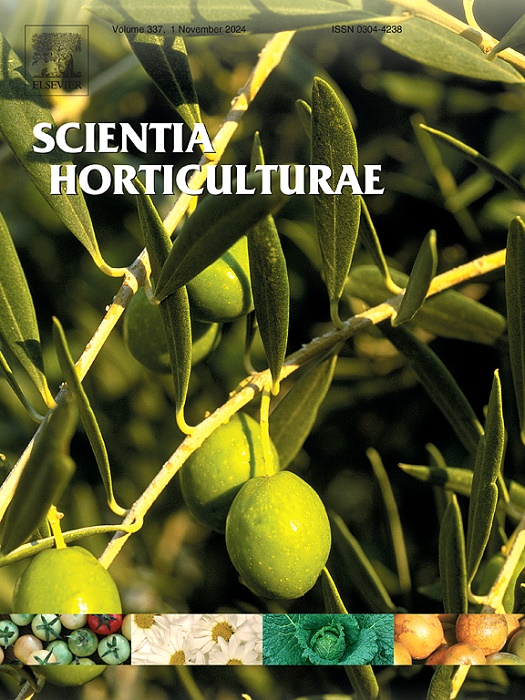Demystifying the integration of hydroponics cultivation system reinforcing bioeconomy and sustainable agricultural growth
IF 3.9
2区 农林科学
Q1 HORTICULTURE
引用次数: 0
Abstract
Rapid urbanization and growing population are leading to food and land scarcity hampering the sustainable development of the society. New urban greening concepts have come up to mitigate these problems in a natural way. Hydroponic crop production is a promising approach in the field of urban farming, because of its high resource-use and land-use efficiency. Hydroponic technology attracted the city dwellers to implement this method for private urban gardening or professional urban farming. Extensive research on hydroponics provides a sound scientific basis for its ability to produce high quality of fresh foods all year round, using less water, nutrients and pesticides compared to soil-based products. Recent studies focus on optimizing this cultivation system through developing a better understanding of crop physiology for biofortification in indoor cultivation as well as the integration of municipal waste water treatment, as method to recover nutrients and water while reducing costs and environmental impacts of conventional waste water treatment. In this sector, plug & play systems are demanded with all necessary equipment readily available. Through self-production, the consumers become producers and may adopt a more sustainable consumer behavior. Consequently, hydroponic cultivation can increase resource-use and land-use efficiency through commercial, large-scale crop production in urban areas and raise awareness about sustainable consumer behavior. This in-depth review explores current hydroponics trends, emphasising new developments in smart farming systems and their potential applications in plant biology research.

求助全文
约1分钟内获得全文
求助全文
来源期刊

Scientia Horticulturae
农林科学-园艺
CiteScore
8.60
自引率
4.70%
发文量
796
审稿时长
47 days
期刊介绍:
Scientia Horticulturae is an international journal publishing research related to horticultural crops. Articles in the journal deal with open or protected production of vegetables, fruits, edible fungi and ornamentals under temperate, subtropical and tropical conditions. Papers in related areas (biochemistry, micropropagation, soil science, plant breeding, plant physiology, phytopathology, etc.) are considered, if they contain information of direct significance to horticulture. Papers on the technical aspects of horticulture (engineering, crop processing, storage, transport etc.) are accepted for publication only if they relate directly to the living product. In the case of plantation crops, those yielding a product that may be used fresh (e.g. tropical vegetables, citrus, bananas, and other fruits) will be considered, while those papers describing the processing of the product (e.g. rubber, tobacco, and quinine) will not. The scope of the journal includes all horticultural crops but does not include speciality crops such as, medicinal crops or forestry crops, such as bamboo. Basic molecular studies without any direct application in horticulture will not be considered for this journal.
 求助内容:
求助内容: 应助结果提醒方式:
应助结果提醒方式:


